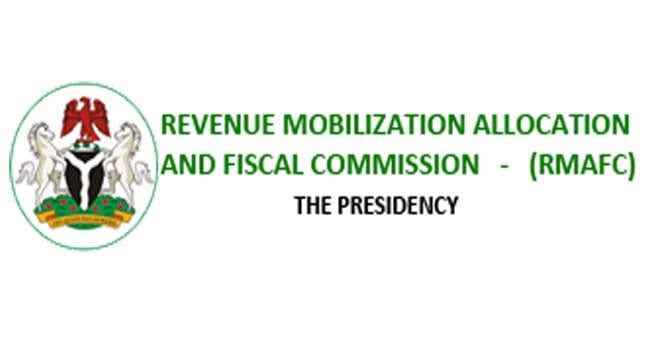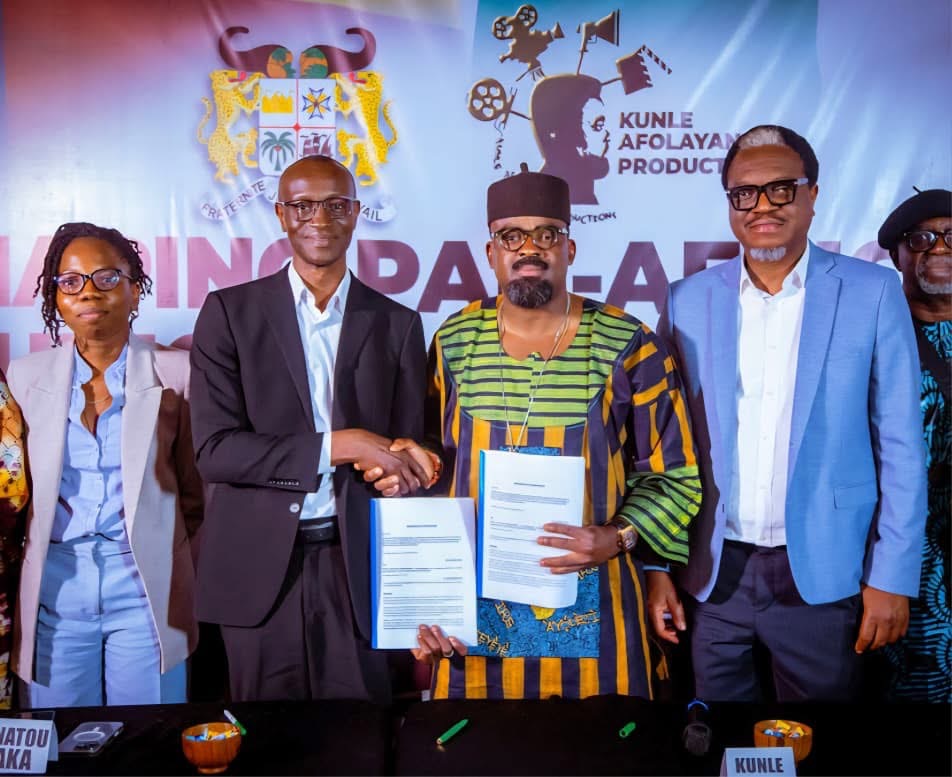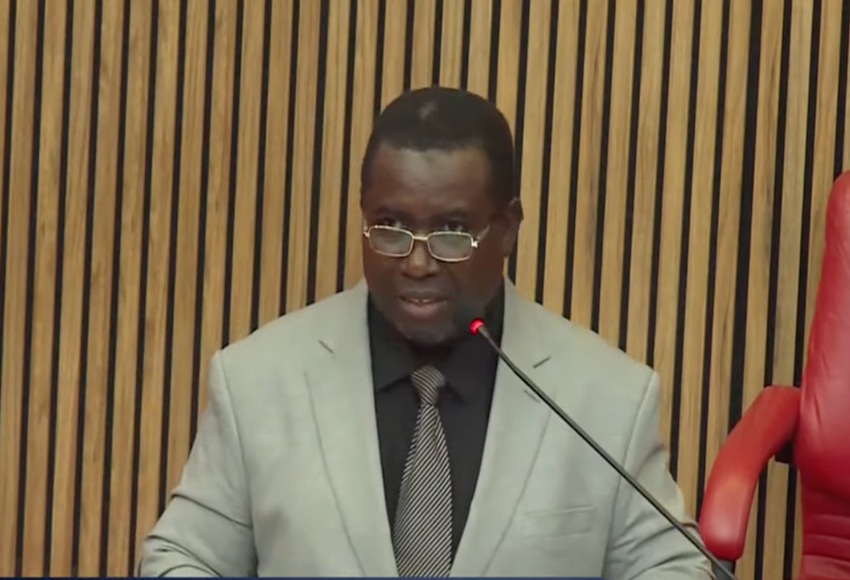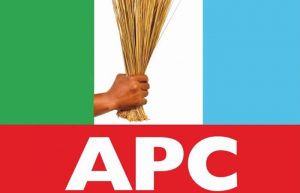
Petrol prices have increased across Nigeria following a recent suspension of the naira-for-crude arrangement by the Dangote refinery. MRS Oil & Gas, a leading fuel distributor, has raised its prices to N930 per litre in Lagos and N960 per litre in northern Nigeria, effective from March 28, 2025.
This marks a N70 increase in Lagos, where the price had been N860 per litre, and an N80 hike in the North, where the price was N880 per litre.
Other fuel stations, including NIPCO, have also adjusted their prices in response. On Saturday, NIPCO stations in Magboro, Ogun State, were selling petrol at N930 per litre.
According to MRS’s latest pricing list, fuel will be transported from the company’s Lagos depot to retail stations across the country at different rates, with Lagos continuing to have the lowest prices while northern states face higher charges.
The new price regime across the country is as follows: Lagos: N930 per litre, South-West & Kwara: N940 per litre, South-South & South-East (including Edo, Abia, Akwa Ibom, Rivers, and others): N960 per litre and Northern Nigeria: Prices vary, with Abuja, Kaduna, and surrounding areas at N950 per litre, while other states such as Zamfara, Kano, and Bauchi are priced at N960 per litre.
The increase also affects the Free Carrier Agreement (FCA) prices, which determine how much marketers pay before selling fuel. Lagos has the lowest FCA price at N905 per litre, while states like Borno and Yobe are seeing FCA prices around N888 per litre.
The price hike follows the temporary suspension of the naira-for-crude arrangement between the Dangote refinery and the Nigerian National Petroleum Corporation (NNPC).
Sources say the suspension occurred due to discrepancies in crude oil allocations paid for in naira, which were not aligned with actual sales. The NNPC reportedly allocated large volumes of crude to foreign creditors to settle loans, causing a disruption in the naira-for-crude deal. As a result, private depot owners have increased their prices, now allowing the free importation of petroleum products.
Experts anticipate that the rise in petrol prices will lead to higher transportation costs, which may, in turn, increase the prices of goods and services. Independent marketers are also grappling with challenges such as high foreign exchange rates and increased distribution costs, which could affect fuel availability in some areas.
Industry analysts predict that petrol prices may stabilize once the Dangote refinery resumes selling fuel in naira after securing a stable supply of crude oil from the NNPC. Until then, higher fuel prices are expected to persist across the country.
Punch
Advertisement








